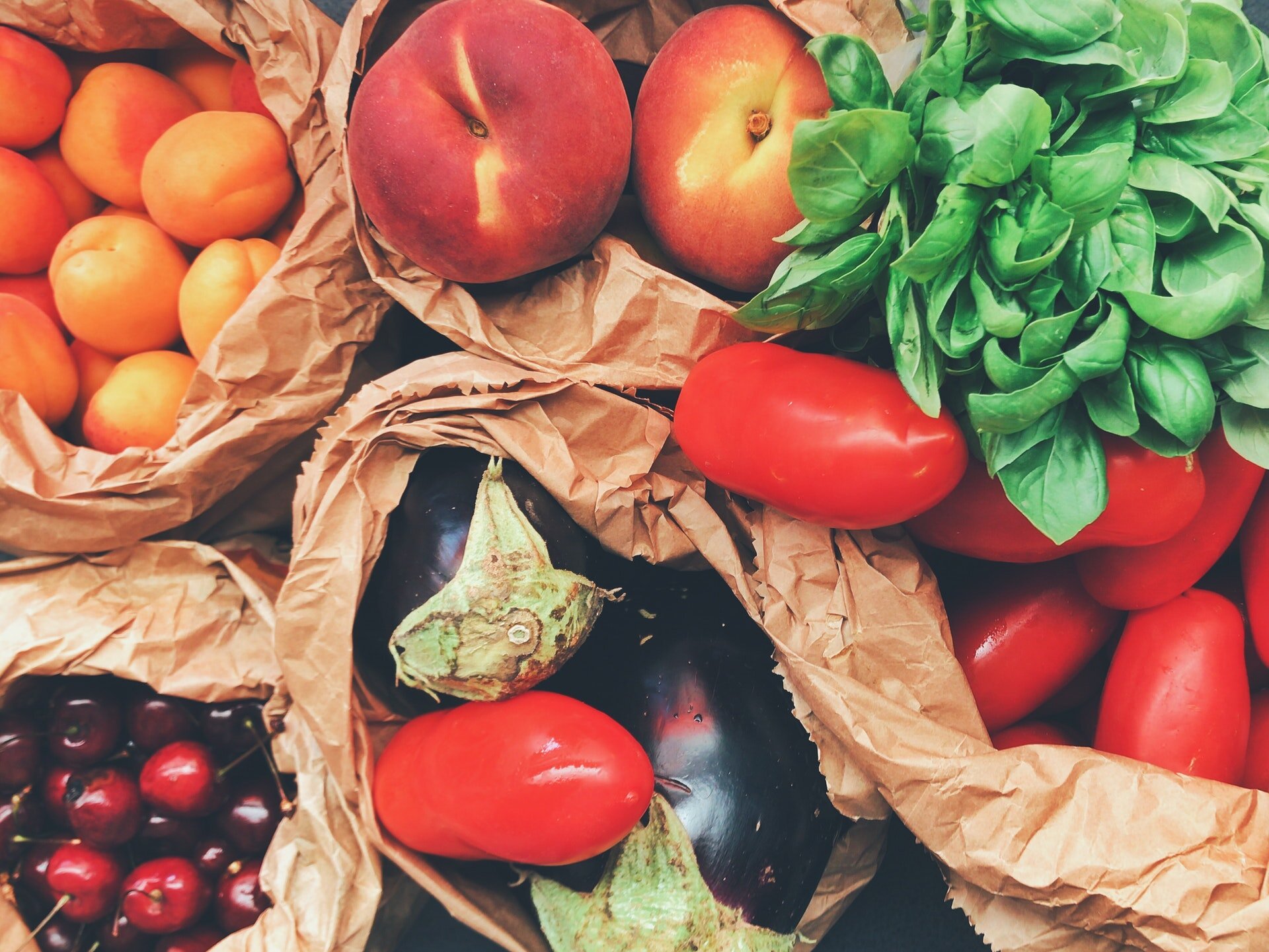
Have you been told you are at an increased risk for osteoporosis? Maybe you already have osteopenia or you know it runs in the family? Turns out, there are a great many factors involved in healthy bone tissue and there are many avenues for you to help your bones be at their strongest! Here are some tips for staying strong and upright at every age:
-
keep inflammation down. Avoid: stress, smoking, sugary foods, alcohol in excess, and soft drinks.
-
a brisk 30 minute walk 5 days a week is a minimum requirement for bone health (and cardiovascular and brain health too!)
-
check your hormones. Imbalance of estrogen:progesterone ratio, DHEA, cortisol, testosterone can all contribute greatly to bone loss.
-
check your thyroid. Thyroid disease is a common factor in osteopenia and osteoporosis.
-
how is your digestion? Reflux, pains, diarrhea/constipation are signs that your digestion could use some work. Drink more water daily (2 litres), lower your stress and eat more nourishing foods like dark green leafy veggies, colourful vegetables and fruits, healthy proteins and healthy fats like fish, nuts and avocados.
-
Do you take an antacid medication? You may not be able to ionize your calcium for optimal bone health if you do. And you might be setting yourself up for a B12 deficiency as well. Clean up your diet, hydrate well and quit smoking and you aren’t likely to need antacids any longer. Speak to your prescribing physician about alternatives or weaning off after you have done the work.
-
hidden infections can rob your bones of their nutrients. Many of us have occult infections like parasites, fungus or bacteria. An example would be a hidden dental abcess – very common! It is possible to test for the markers of these infections so they can be treated.
-
If you know that you cannot eat wheat without getting symptoms, then you can be sure that you aren’t likely absorbing nutrients well from your food. Especially if you continue to consume grains. This is called malabsorption and can be prevented by eating a nutritious, whole foods diet, staying away from eating grains is important too.
-
Are you diabetic? You will have a higher risk of bone loss so keep your numbers optimal regarding your blood sugar.
-
check your C-reactive protein. Elevated CRP means you have inflammation which may be damaging bone tissues or preventing healthy bones from growing.
There are some supplements to help assure that your body has what it needs to build strong bones.
-
calcium from your diet first – dark green veggies, milk, yogourt and cheese (avoid these if you are dairy sensitive), almonds, canned salmon and canned sardines (BPA-free cans, please.) Aim for 600-1200 mg/day, liquid supplement if necessary
-
Vitamin D – 5000 IU daily from a liquid source
-
Vitamin K – 500 ug/daily from butter, chicken, green veggies or a supplement
-
Vitamin C – 1000 mg/daily from citrus fruits, broccoli, spinach, peppers, tomatoes or a supplement
-
Magnesium – 300 mg/daily from nuts, seeds, bananas, tuna, salmon, kale or spinach or a supplement
-
Get your essential fatty acids – fish oil, flax oil or a combo for powerful anti-inflammation properties
Remember, the processes that destroy bone must be removed in order to be well. You cannot just take supplements and pray for healthy bones, you must look at which diet and lifestyle habits you may have that can be hurtful to bones first.
Talk to your AST practitioner about bone healthy habits, hormone and gastrointestinal testing and whether you would benefit from taking a high quality supplement for bone health.








